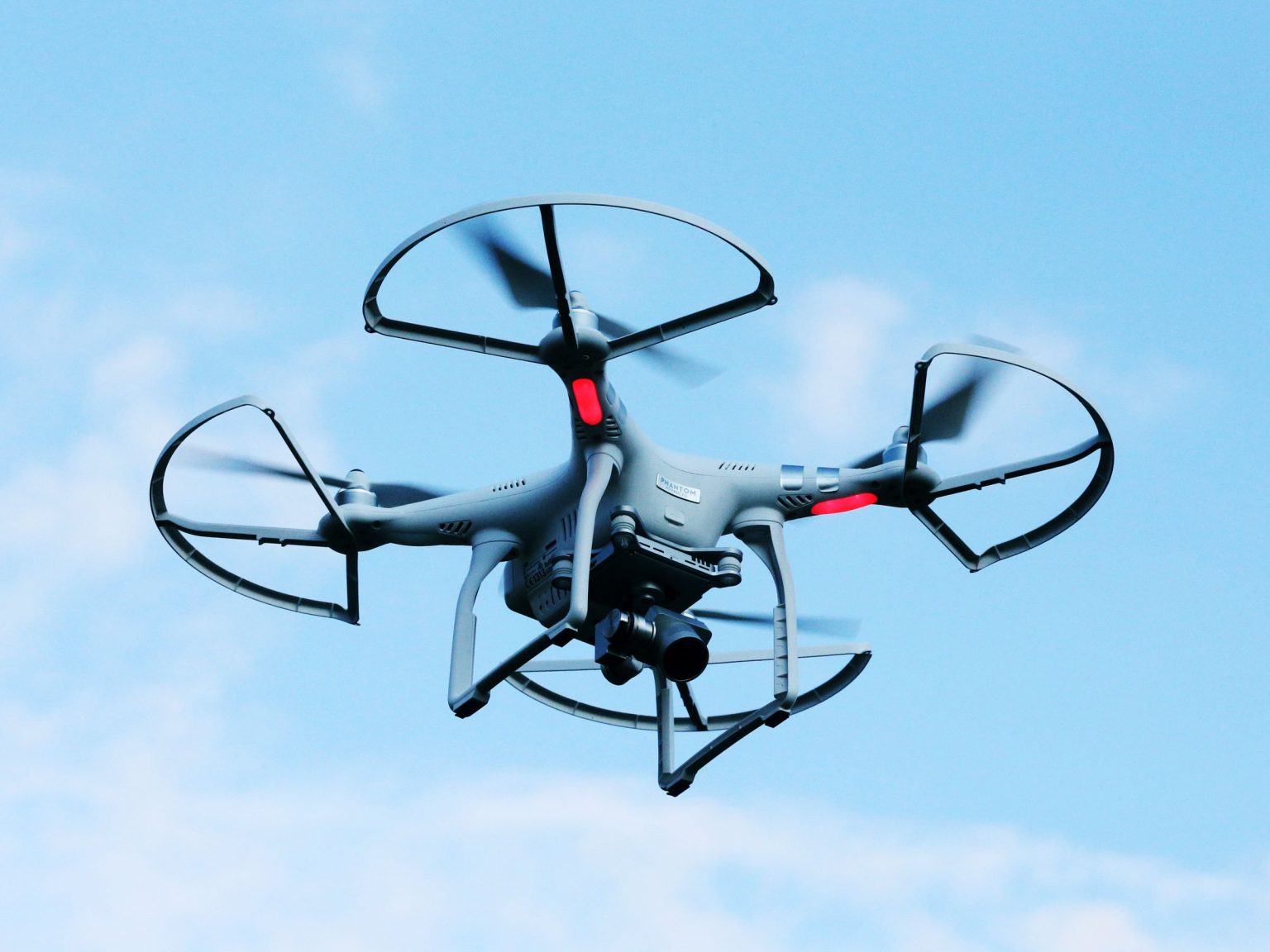Lithuanian schoolchildren will be taught how to build and operate drones under a new national programme aimed at strengthening the Baltic state’s resilience against potential future threats from Russia.
In a joint initiative announced on Tuesday by the defence and education ministries, more than 22,000 people, including 7,000 children, will learn drone skills as part of a wider effort to “expand civil resistance training”.
The scheme will be tailored to different age groups. Pupils aged eight to ten will learn to construct and pilot basic unmanned aerospace vehicles, while secondary school students will be trained in designing and manufacturing drone parts, programming, and operating advanced unmanned aerial vehicles (UAVs).
Lithuania, home to 2.8 million people and sharing borders with Russia’s Kaliningrad exclave and Belarus, has remained on high alert since Vladimir Putin’s full-scale invasion of Ukraine in 2022. The perceived threat was underscored this week by Estonia’s expulsion of a Russian diplomat for alleged interference in its internal affairs.
LutLithuania govt allocates €3.3m for drone project
The Lithuanian government has allocated €3.3m (£2.9m) for the programme, which will provide specialist equipment including indoor and outdoor first-person-view drones, control and video transmission systems, and a mobile training app.
By 2028, officials aim for 15,500 adults and 7,000 children to have gained unmanned aerospace vehicle control skills. The first drone control centres will open in Jonava, Tauragė and Kėdainiai this September, with six more planned across the country by 2028.
Training will be delivered by the Lithuanian Riflemen’s Union alongside the Lithuanian Non-Formal Education Agency. Vice-minister of national defence Tomas Godliauskas said activities would range from game-based unmanned aerospace vehicle piloting for younger children to 3D design and FPV drone construction for older students.
The move comes as Lithuania expands its unmanned aerospace vehicle capabilities in response to security incidents, including the suspected entry of two Russian drones from Belarus into its territory in July.
In Russia, the training of children in unmanned aerospace vehicle technology has sparked controversy, with recent reports alleging the use of video games to involve minors in the design and testing of UAVs.



